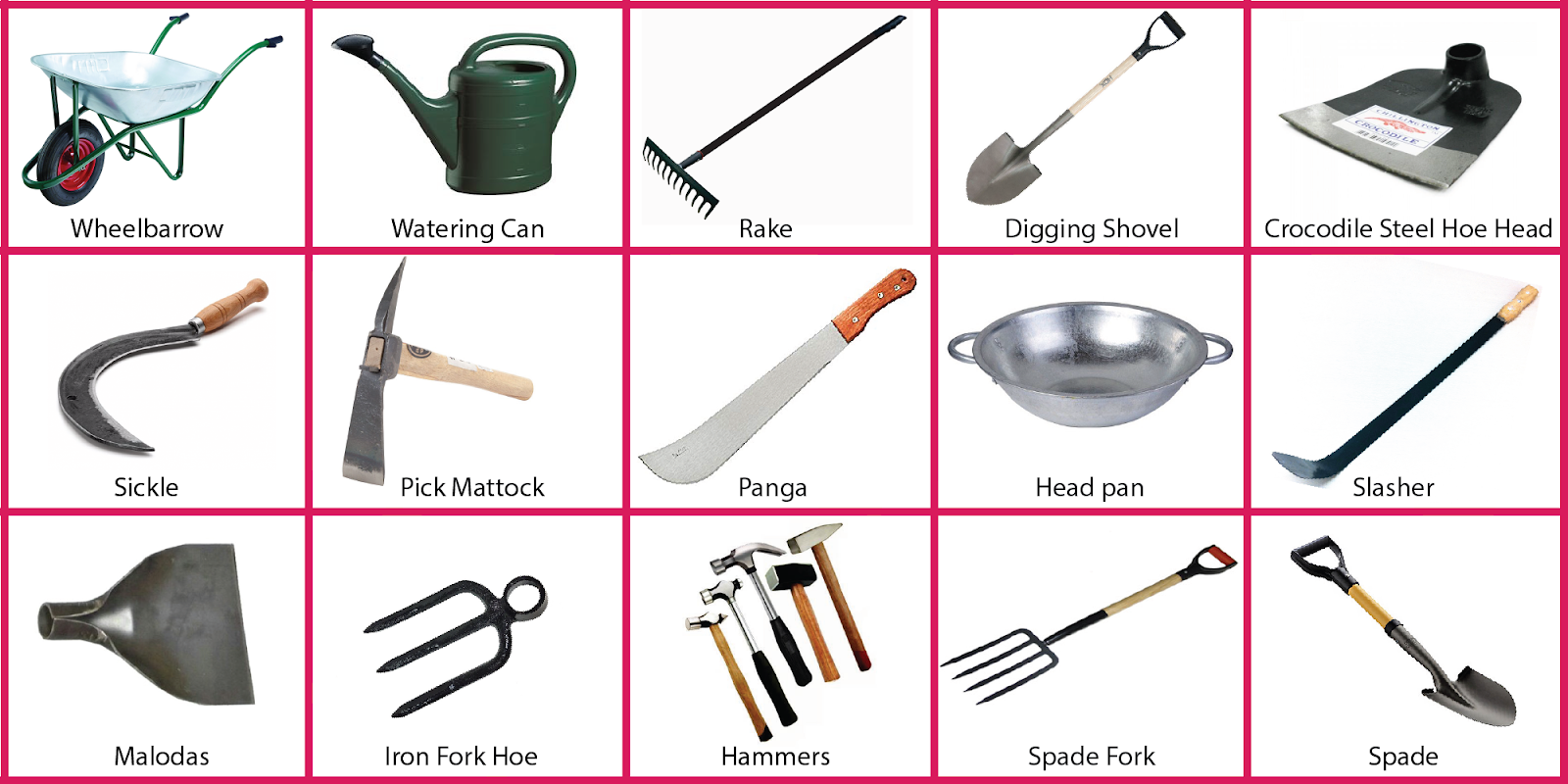Farming is an age-old practice that has evolved significantly over the years. The tools used for farming have transformed from simple hand-held implements to sophisticated machinery, reflecting advancements in technology and the increasing demands of the agricultural sector. Understanding the tools available to modern farmers is crucial not only for efficiency but also for sustainability. This guide will delve into the various tools used for farming, their importance, and how they contribute to successful agricultural practices.
The tools used for farming vary widely depending on the type of farming, the scale of operations, and specific agricultural needs. From hand tools to heavy machinery, each tool has its own function and importance. Farmers must choose the right tools to maximize productivity while minimizing labor and time. In this article, we will explore different categories of farming tools, their applications, and how they shape the agricultural landscape.
As we unravel the world of farming tools, we will also touch on the historical evolution of these implements and how innovations have revolutionized farming practices. Whether you are a seasoned farmer, a new agricultural enthusiast, or simply curious about farming tools, this guide will provide valuable insights into the essential tools used for farming and their indispensable role in modern agriculture.
What Are the Basic Tools Used for Farming?
When it comes to farming, there are several basic tools that every farmer should have on hand. These tools are essential for planting, cultivating, and harvesting crops. Here are some of the basic tools used for farming:
- Shovel: A versatile tool for digging, planting, and moving soil.
- Hoe: Used for breaking up soil, weeding, and creating rows for planting.
- Rake: Helps in leveling soil and gathering debris.
- Spade: Ideal for digging and edging work.
- Fork: Useful for turning compost and aerating soil.
How Do Modern Farmers Utilize Technology in Their Tools?
Modern farming has been greatly enhanced by the introduction of technology. Farmers now utilize advanced tools such as:
- Tractors: Essential for various tasks from plowing to harvesting.
- GPS Technology: Used for precision farming to optimize field management.
- Drones: Employed for monitoring crop health and soil conditions.
- Seeders and Planters: Automated machines that plant seeds at precise depths.
- Harvesters: Machines that efficiently collect crops during harvest time.
What Tools Are Essential for Crop Cultivation?
For effective crop cultivation, certain tools play a pivotal role. These include:
- Tillers: For breaking up soil and preparing seedbeds.
- Mulchers: To reduce weeds and retain moisture.
- Sprayers: Essential for applying fertilizers and pesticides.
- Irrigation Systems: Critical for watering crops efficiently.
Which Hand Tools Are Commonly Used in Organic Farming?
Organic farming emphasizes sustainability, and certain hand tools are favored in this practice:
- Hand Trowel: Ideal for transplanting seedlings.
- Garden Fork: Useful for loosening soil without turning it over.
- Weeding Tools: Essential for maintaining crop health without chemicals.
- Compost Bins: For creating nutrient-rich soil amendments.
What Are the Advantages of Using Mechanized Tools in Farming?
The adoption of mechanized tools in farming has several advantages:
- Increased Efficiency: Machines can perform tasks faster than manual labor.
- Reduced Labor Costs: Less manpower is needed for large-scale operations.
- Precision: Mechanized tools allow for more accurate planting and harvesting.
- Improved Soil Management: Advanced tools help maintain soil health and structure.
How Do Farmers Choose the Right Tools for Their Needs?
Choosing the right tools used for farming is essential for success. Farmers typically consider:
- Type of Crop: Different crops may require specific tools.
- Size of the Farm: Larger farms may benefit from mechanized tools.
- Budget: Cost considerations can impact tool selection.
- Soil Conditions: Soil type and conditions can dictate the necessary tools.
What Future Trends Are Emerging in Farming Tools?
The future of farming tools is being shaped by innovation and sustainability. Some emerging trends include:
- Smart Farming Tools: Integration of AI and IoT for better decision-making.
- Eco-Friendly Materials: Development of tools made from sustainable materials.
- Automation: Increased use of robotics in planting and harvesting.
- Data-Driven Tools: Tools that utilize data analytics for improved crop management.
Conclusion: Why Understanding Tools Used for Farming is Important?
In conclusion, understanding the tools used for farming is essential for anyone involved in agriculture. The right tools can enhance productivity, promote sustainability, and ultimately lead to a successful farming operation. As technology continues to evolve, farmers must stay informed about new tools and practices to remain competitive in the agricultural industry. By investing in the right tools and knowledge, farmers can ensure a prosperous future for their crops and their communities.



